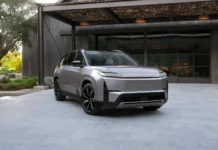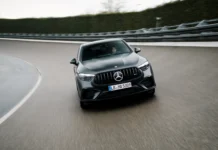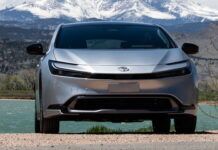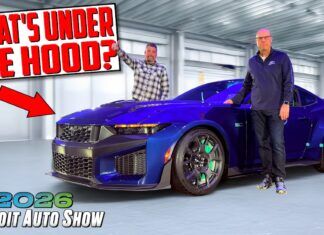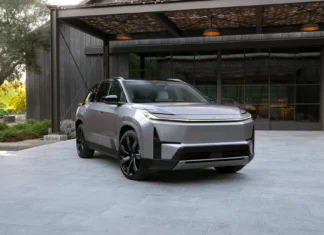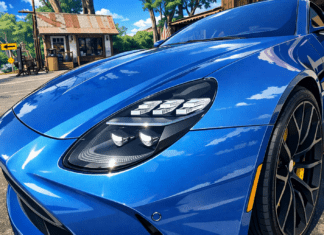- Volvo officially announced it would end diesel production during Climate Week NYC, as it transitions to a fully electric lineup by 2030.
- This decision follows the automaker’s announcement last year to stop development of new combustion engines.
- Over the coming years, Volvo will shift its emphasis toward EVs and fill remaining customer demand for ICE vehicles with its gasoline and hybrid models.
- While the majority of Volvo’s European sales mix were diesels as recently as 2019, less than 10% of buyers chose a diesel-powered Volvo in 2022.
It’s the end of the road for Volvo’s diesel-powered models.
This week, Volvo confirmed it would officially end diesel engine production early next year. Though we’ve only seen gas-powered Volvos in the U.S. for decades, this decision marks a major shift in the company’s European strategy, as it pushes all its R&D toward electrificiation and even overseas buyers are shying away from turbodiesel powertrains, at least within Volvo’s own lineup.
Majority-owned by Chinese conglomerate Geely, Volvo already emphatically announced its intent to go fully electric by 2030. To that end, the automaker said in a statement last year it would no longer invest any capital toward internal combustion engine development. Per Reuters, while a majority of customers went the diesel route throughout the 2010s, just 8.9% of Volvo buyers opted for a diesel model in 2022. Sales fell off a cliff in recent years, in the wake of comprehensive movements toward electric vehicles and several emission-cheating scandals, not least of which was Volkswagen’s.
Europe-wide, diesel vehicles comprised less than 15% of total car sales, compared to more than half in 2015.
“Electric powertrains are our future”
While some auto industry executives are reticent about a headlong push toward EVs within the next seven years, Volvo CEO Jim Rowan is anything but. “Electric powertrains are our future, and superior to combustion engines. We’re fully focused on creating a broad portfolio of premium, fully electric cars that deliver on everything our customers expect from a Volvo — and are a key part of our response to climate change.”
Whether you personally agree with that statement or not, the company’s current ambition is to completely eliminate ICE models from its sales mix by the end of the decade as part of its effort to be a completely carbon-neutral company by 2040. To that end, we’re seeing more battery electric vehicles emerge, including the EX90 (more or less a direct successor to the XC90) and the smaller EX30 SUVs.
